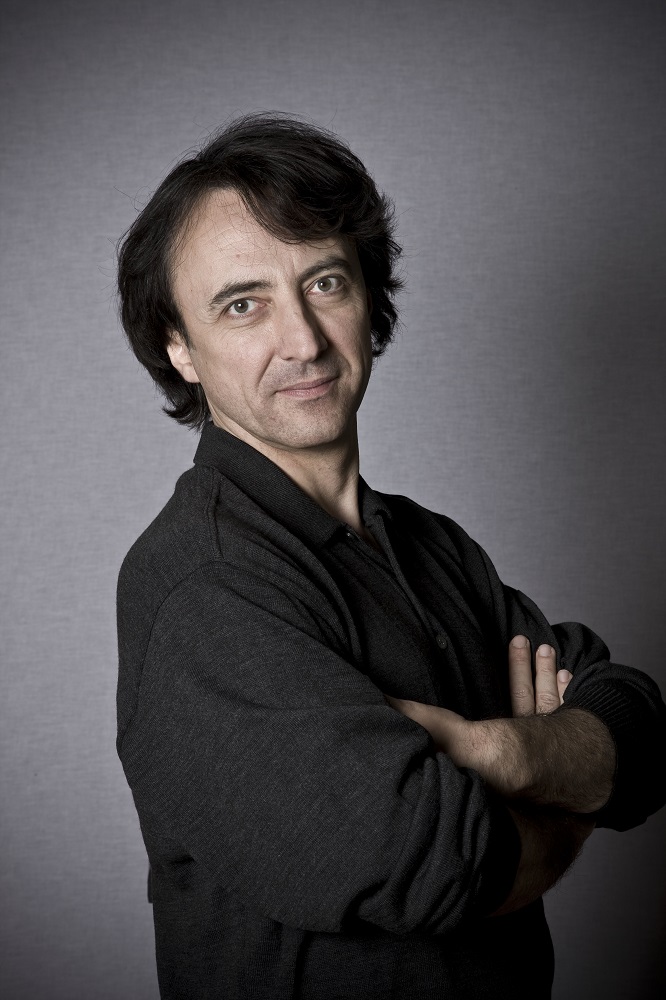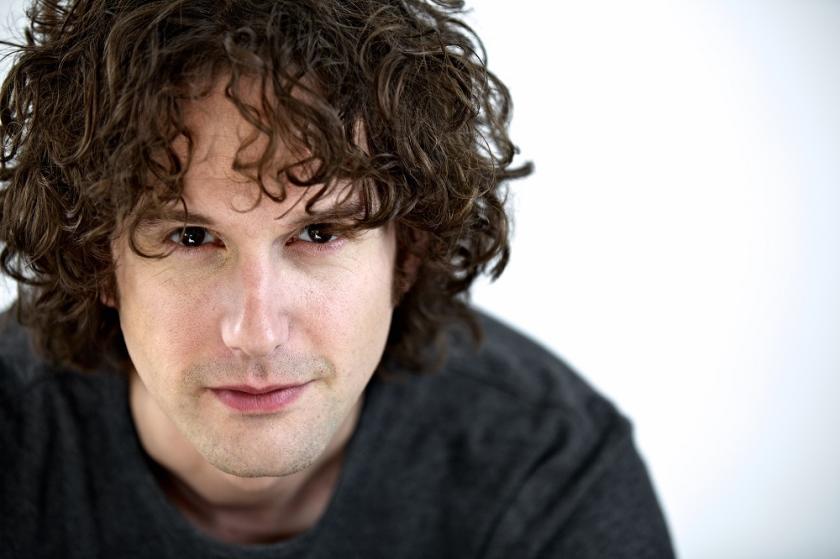Colin Matthews’s arrangements for orchestra of the 24 Debussy Préludes (originally commissioned by the Hallé) have been widely admired. The BBC Philharmonic’s concert, conducted by Nicholas Collon, at the Bridgewater Hall on Friday night began with three of Ravel’s five piano Miroirs, two of them orchestrated by Matthews (one a world premiere) and one by the late Steven Stucky.
The Matthews approach to Debussy has been compared in places to Ravel’s own orchestral technique (though a direct claim that he transcribed Debussy as Ravel might have done seems over-egging the pudding somewhat). His versions of the Préludes are immensely skilful reconstructions in ensemble terms of music written for the sonorities of the modern piano – much more than transcriptions. He has realised implied melodic lines, changed figurations wholesale, used every trick in the book to find equivalence to the harmonic haze a sustaining pedal can create, and even on occasion changed keys, added extra bars and transformed tempi. So it was particularly intriguing to hear what Matthews does with Ravel, especially because we know Ravel himself as a master orchestrator, one of whose best-known arrangements (Pictures at an Exhibition) is remarkably faithful to the original notes of Mussorgsky.
Shostakovich's strident and remorseless gloom was realised with determination and stamina
"Oiseaux Tristes" was the first to be heard (the BBC Philharmonic and Collon premiered this at the Proms in 2015), with ingenious rendering of the birdsong effects and a large orchestra to create the evanescent, impressionist background. Fellow composer Stucky wrote his version of "Noctuelles" in 2001 and it makes an interesting contrast: slightly brasher in its climax, but brilliantly clear in tracing the textural lines. The new one, "La vallée des cloches", is labelled by Matthews "in memoriam Steven Stucky", and sure enough it seems to have taken on some aspects of the Stucky approach.
To make bell sounds there had to be plenty of percussion, of course, and the employment of celesta, vibraphone, crotales, gongs, tubular bells, glockenspiel and harps is plangently effective, while in the middle section Matthews has created quite a lush sound, with strings in octaves. Ravel’s harmonic language remains his own through all three of these transformations, and the musical results in each make a dazzling orchestral canvas, which was coolly and subtly realized by the BBC Philharmonic under Collon’s guidance.
 There was a chance to hear Ravel’s own orchestral writing immediately afterwards, in the form of the Piano Concerto for the Left Hand, with Jean-Efflam Bavouzet the soloist (pictured right by Paul Mitchell). No doubt Ravel himself would rarely have felt confident enough to demand such an army of percussionists as in the works we had just heard – or even confident of there being space on a concert platform for all the kitchen equipment they needed – so an immediate visible contrast was obvious.
There was a chance to hear Ravel’s own orchestral writing immediately afterwards, in the form of the Piano Concerto for the Left Hand, with Jean-Efflam Bavouzet the soloist (pictured right by Paul Mitchell). No doubt Ravel himself would rarely have felt confident enough to demand such an army of percussionists as in the works we had just heard – or even confident of there being space on a concert platform for all the kitchen equipment they needed – so an immediate visible contrast was obvious.
The work is attractively concentrated, with several aspects of its style parallelling that of his two-hand concerto, and Bavouzet was thoroughly equal to its demands, the late-occurring cadenza in particular being both brilliantly and poetically played. Under Collon the orchestra played with sympathy and distinction, too. There is a certain heroic quality apparent whenever anyone attempts this concerto and Bavouzet attained it, finally earning loud acclaim from the audience in the hall. They were rewarded with a simple and gorgeously fluent rendering of Debussy’s Arabesque No 1 as an encore.
After the interval, Nicholas Collon directed the Philharmonic in a masterly performance of Shostakovich’s Eighth Symphony. Its length is comparable with its predecessor, the Leningrad, and yet the atmosphere is completely different, which has been a challenge since the day it was first performed in 1943. It’s also often self-referential, whether by contrast (the first and second movements might have affinities to those of the Fifth Symphony, but the message is very different) or in its use of that so characteristically clownish style as an implied self-revelation, in the third.
But the strident and remorseless gloom of much of the symphony was realised with determination and stamina, and when at last the music reached its gradual and hesitant groping towards a hopeful ending, that process was all the more effective. In fact the transition from the Largo to the Finale, with horn and clarinet solos delicately played and the music seeming to hover between life and death, was quite magical, and the grim and tenuous optimism of the final pages ended with a dying-away of almost incredible delicacy.














Comments
Add comment